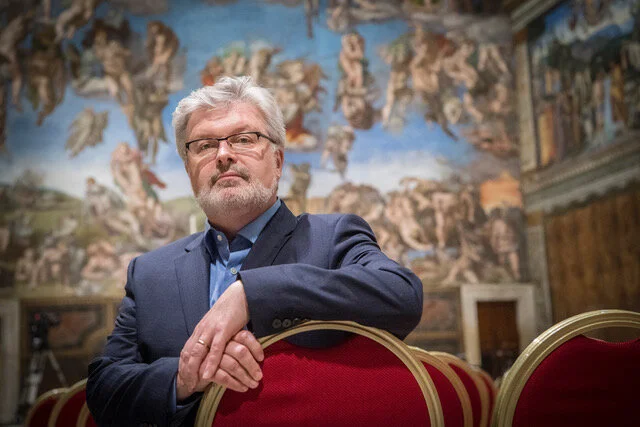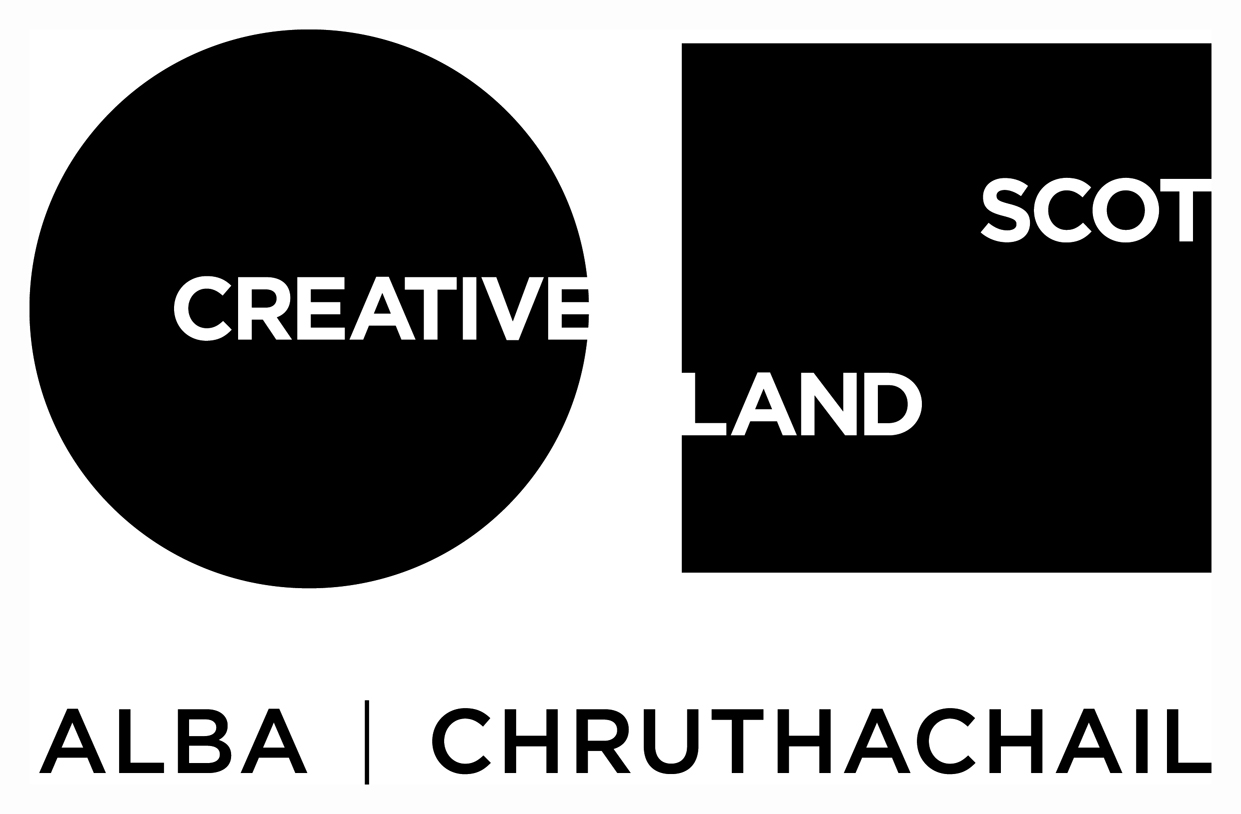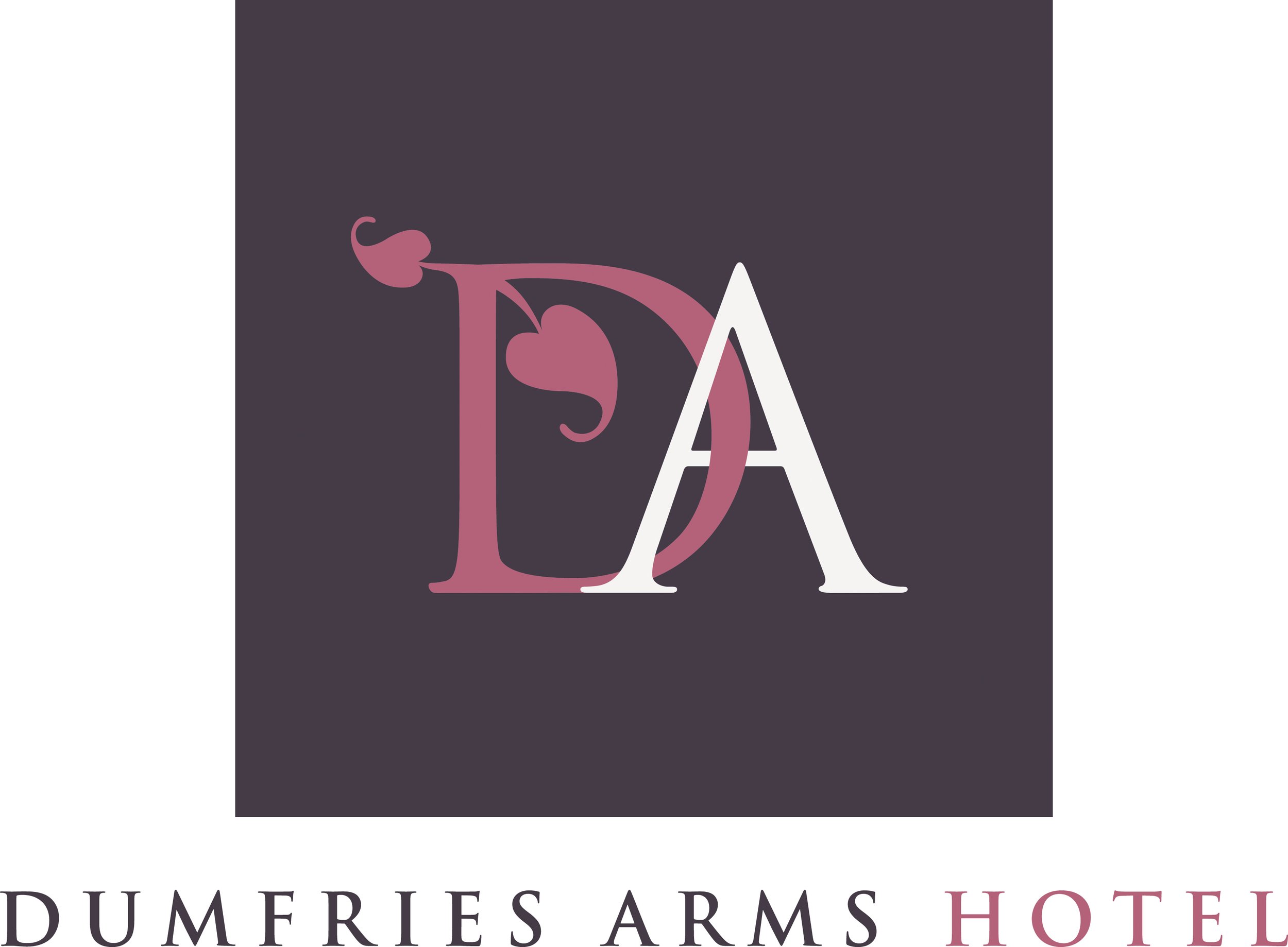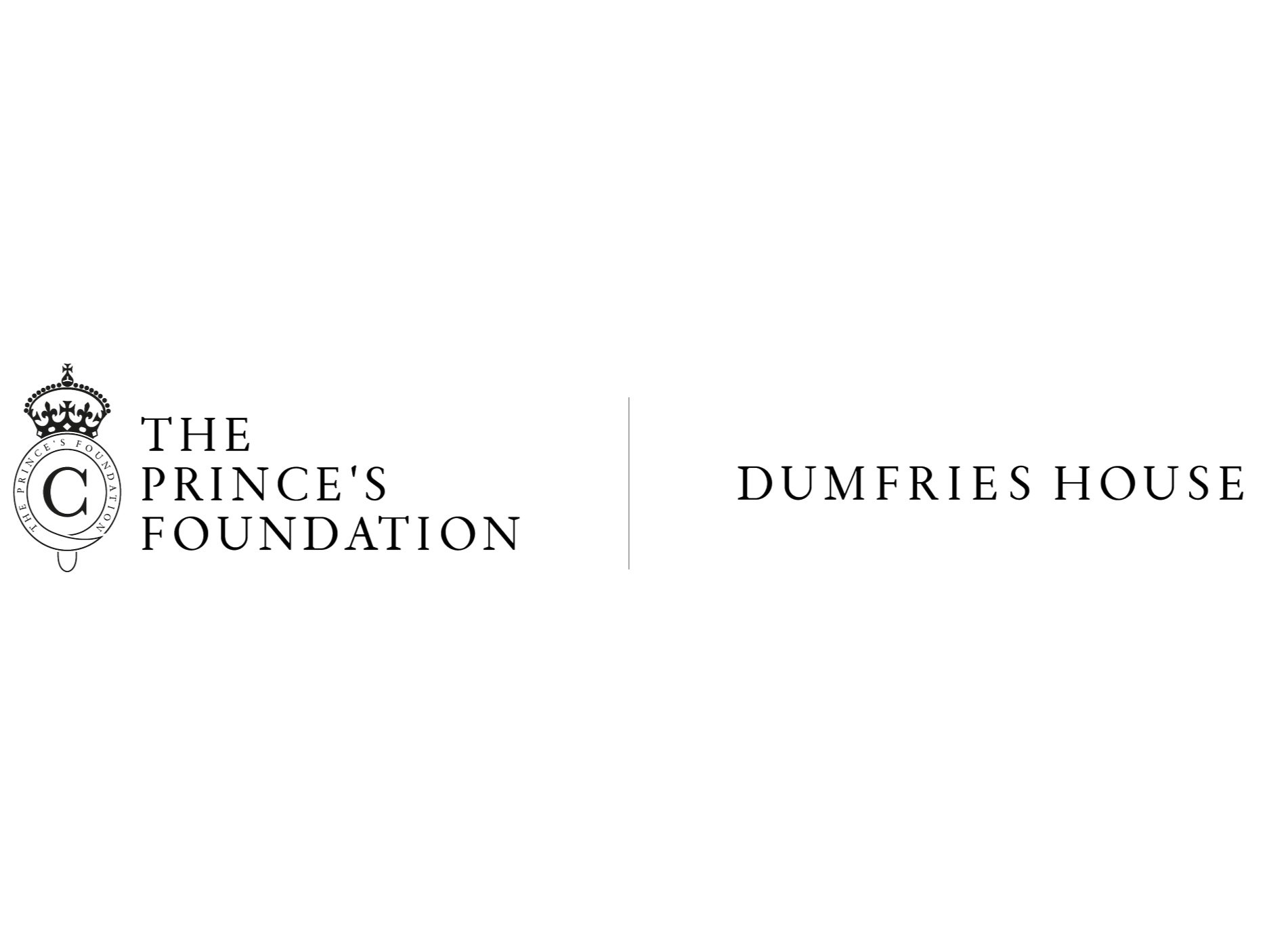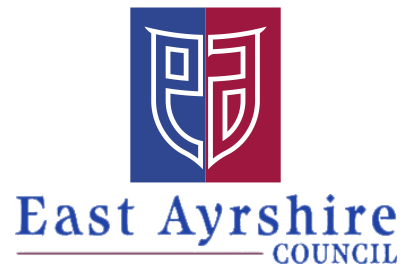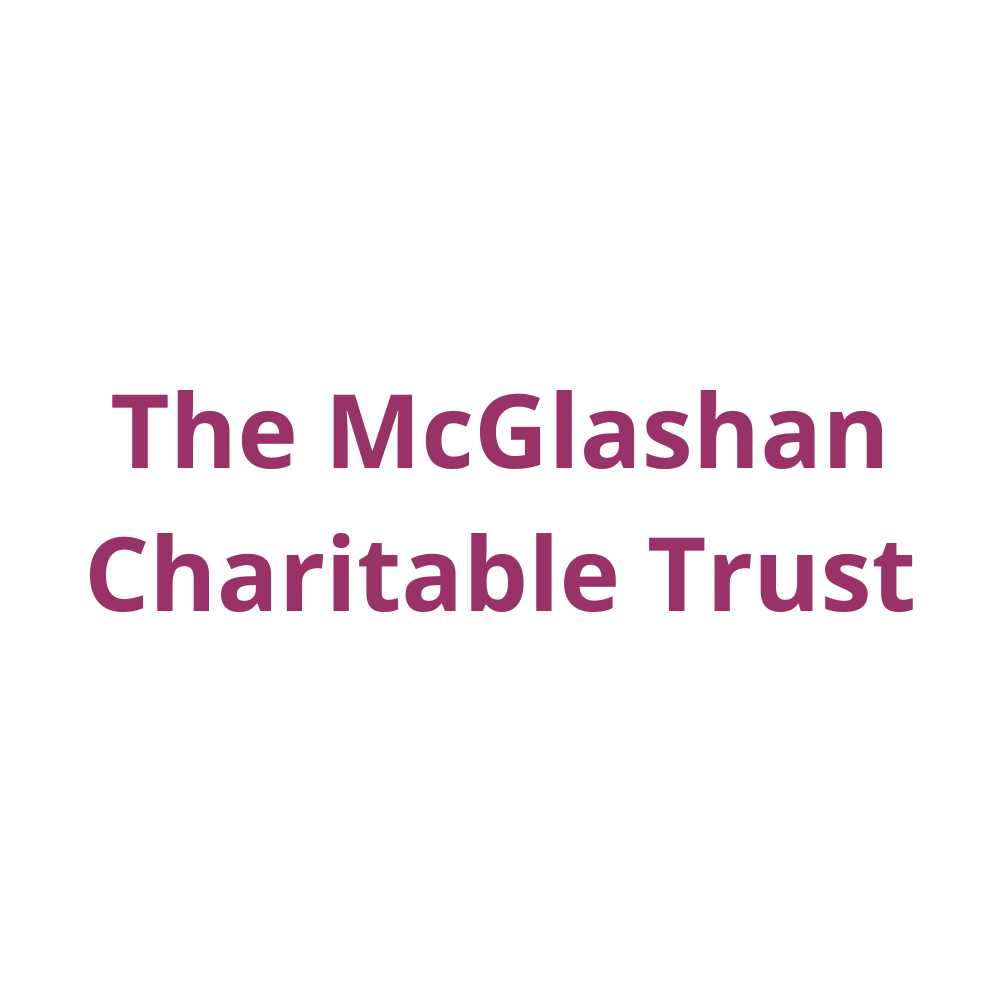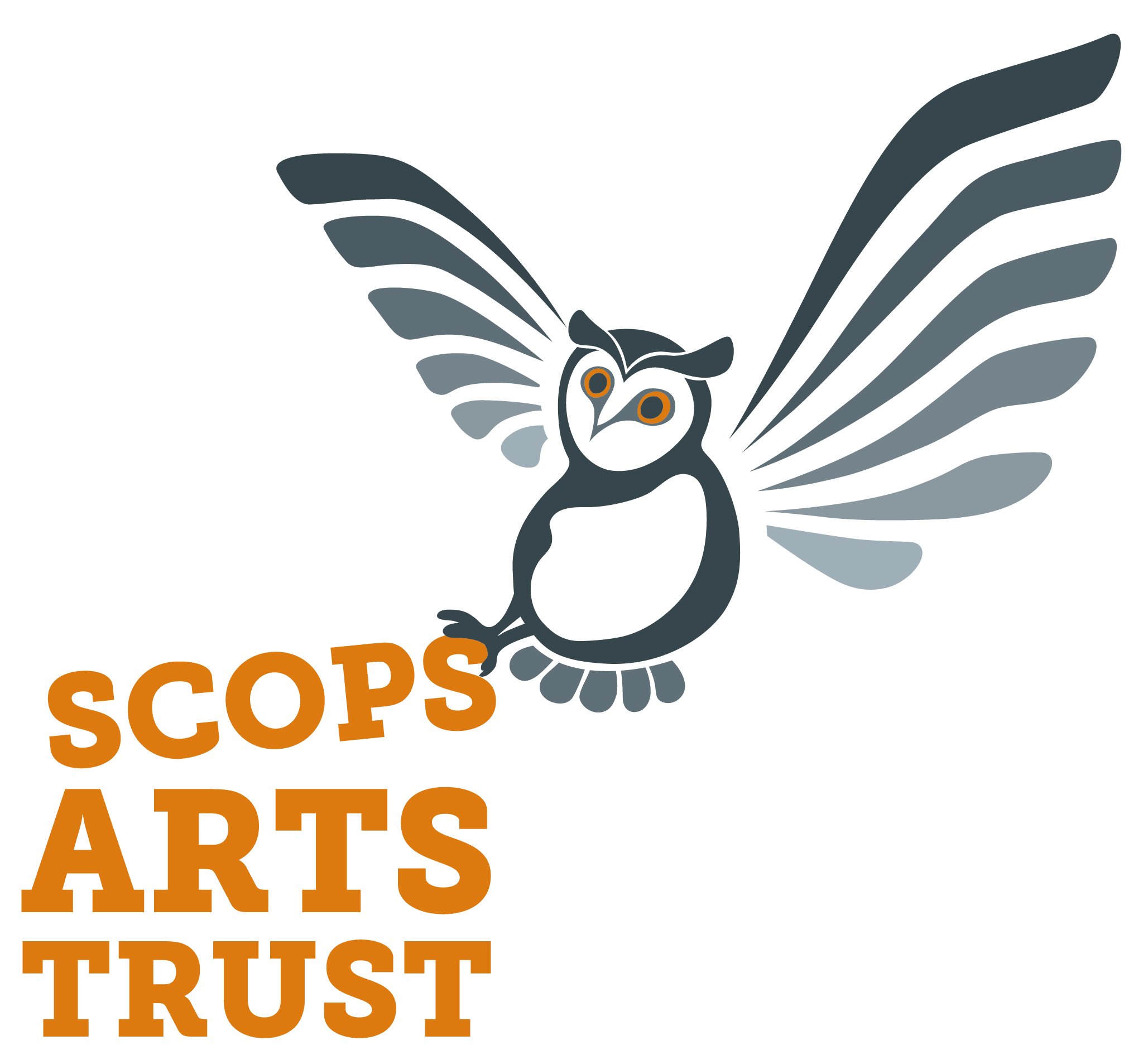Thinking about composition
/STARTING OUT
I was nine years old when I was given a little plastic recorder at school, and that led to playing the piano and trumpet. I knew immediately that I wanted to pursue a life in music and the desire to create my own music came immediately too. I felt an instinct to write my own tunes, and I still have a little piano piece I wrote when I was 10 years old. It is in A minor. My grandfather was a coal miner but loved music. He had played the euphonium in local colliery bands and had sung in the local church choir. He got me my first cornet and took me to my first band practices. He was my first and most important encourager.
I didn’t know what being a composer would mean back then but it was my main focus from this early age. My grandfather and my mother talked about music a lot and were able to introduce me to the most important composers from the past, and our house had a lot of piano music which my mother had played when she was younger – Beethoven, Chopin, Mendelssohn I remember the most. I tried to grapple with all this as soon as I was able. My grandfather also had a lot of his old choir music which intrigued me too – mostly pietistic 19th and early 20th century motets for the church. However, just being exposed to this had a big impact on me.
I developed an early love of Wagner and the Strauss operas – a strange fascination for a young lad, I suppose! But this led on to the discovery that there were still composers alive at that time and pursuing their imaginative visions within this classical tradition. I remember being very interested that there were great figures at work not too far from me – in particular Benjamin Britten who lived a few hundred miles down the road in England. These were all early and vital influences on the way I was thinking about music and how I could pursue my love of writing.
POP CULTURE, THE AVANT-GARDE: EARLY THOUGHTS
For some time as a teenager I seemed immune to the impact of popular culture. But that changed when I was about 14 and discovered certain rock bands who were experimenting with formats and sounds – anything from Led Zeppelin to Gentle Giant. I was thinking about this recently- I hardly noticed the lyrics of pop music at the time – it was only the instrumental sounds and constructions which drew my blinkered attention. In retrospect this is a strange prism through which to view the popular music of the 1970s, which was as much a literary or poetic phenomenon as a sonic one. It’s only recently that I’ve started noticing the words in pop songs! And that means it’s only recently that I have finally realised the fuller and more exact significance of this music.
Nevertheless, the sounds of rock music did hold my fascination for some time as a youngster, although my most enthusiastic focus was always on what we might describe as “art music.” My early interest in Britten eventually expanded in my undergraduate years to an obsession with the avant-garde figures of the time, and I hungrily absorbed as much of these composers as I could – Stockhausen, Boulez, Berio etc. And the influence of this seeped into my own undergraduate music. In 1980 I attended the Internationale Ferienkurse fur Neue Musik in Darmstadt and had a lesson with Brian Ferneyhough, and attended classes given by Wolfgang Rihm and Gerard Grisey.
In the long run I don’t think this music made any major lasting impact on me, and I was more drawn to composers who wanted to make some kind of engagement with tradition, or folk culture or some aspects of popular culture like jazz, or to rethink matters of harmony, melody and form. Those composers were Lutoslawski, Berio, Andriessen and others. In fact various British composers a little older than me had travelled to Poland in the 1970s to study, attracted by the likes of Lutoslawski, Penderecki and others. Perhaps they saw something more humane and communicative in the tonal reconsiderations at work in these Polish composers. Composers like Nigel Osborne and my own teacher John Casken were studying in a Poland in the 1970s.
APPROACH TO COMPOSING/STYLE
My compositional approach to each work is different depending on whether there is text involved. If I am setting words these will have a major bearing on the construction of the music, its mood and its development. I look deeply into each poem to find musical clues that could be central in shaping wider issues in the music, as well as the actual forefront meaning in the words themselves.
But when there are no words, such as in a recent violin concerto which I have composed for Nicola Benedetti, or in a string quintet I wrote last year for the Brentanos in the US, then I have to ponder purely abstract considerations. I have returned gradually to a more instinctive and natural approach – I consider line and melodic (or monodic) character and mood. Over the years I think I have been influenced by my interest in folk music and chant, and these are shaping factors in the nature of the said line or melody. In the violin concerto (my second) I could feel the subliminal infusion of these things – I used to play and sing in a folk band when I was younger and the Celtic/Gaelic character of Scottish and Irish traditional music has got under my skin, so much so that I hardly think about it any more – it is a subconscious presence in my compositional makeup. Similarly, my involvement with liturgy over the years brought me under the spell of Gregorian chant and plainsong, which I regard as a kind of perfect melodic phenomenon – a timeless form of monody and unique in its flexibility and sense of irregular flow.
Sometimes an extra-musical idea can become a specific shaping factor in the music itself. For example, when I was composing the aforementioned string quintet I was reading a lot of philosophy, and in particular the writings of John Henry Newman and Dietrich von Hildebrand. There is a profound religious dimension to their writing, of course, and an abiding priority of the importance of “the heart” and the necessity for us to draw on this mysterious interiority in our human interactions, cultural, political, spiritual and personal. So my quintet is entitled ‘Heart Speaks To Heart’ and is shaped by that most personal of interaction, that of one person to another. And so the music progresses as a series of duets between different combinations. The duos form intimate partnerships and the other three players provide gentle and unobtrusive punctuations and commentaries. Obviously there are quite a range of duet coupling possibilities so the texture of the music is ever-changing, like a kaleidoscope.
Within these wider and general shaping plans I still feel that the techniques I had learned and developed over the years are still present, but in a more subconscious and subliminal sense. Yes, I think about pitch and how to organise it, and various techniques and approaches kick in – based on a natural sense of mode, and sometimes the organisation of chromatic order, even dodecaphonic order. But I stress that these considerations arise very naturally and without too much conscious deliberation. The other major parameter in my mind is structure: how best to shape the specific abstract ideas into a coherent form which can stand up to the fullness and multiplicity of its ingredients. Therefore, sometimes I plan a likely scaffolding in advance so that all the different elements are underpinned by a strong backbone. Some other times though this will be impossible and I have to allow the music to emerge organically, note by note, bar by bar, theme by theme.
I try not to position myself stylistically. Too much self-analysis can be damaging! Nevertheless, I am aware of what is said and written about my music, and it depends on who is speaking and writing. Some will feel that the music is challenging and modernistic, as it may not chime with a conservative and limited experience of musical contexts. Others, coming with a sympathy for the old avant-garde will feel that my music is old fashioned and traditionalist. Both views may have some purchase, but I tend to avoid thinking like this. I am a living composer who values new aural vistas while valuing the important place of traditions, musical and otherwise.
THE CHOIR
Every commission is different, and I try to mould each piece to the performers who have requested it. Sometimes those performers will be world class professionals and other times the performers may be a local amateur group or young people. One-size-fits-all doesn’t work for me. I have been fortunate to write for great choirs like the BBC Singers, The Sixteen or the choir of Westminster Abbey. But writing choral music for amateurs has always been important for me. My Strathclyde Motets were specifically geared towards the good non-professional, student or church choir. There is a huge choral world out there and a composer can make him or herself useful by creating a body of serious work for this essential part of our musical ecology. That requires the composer to be aware of the differing levels and ranges of technical ability across the board.
One of the great surprises in my creative life has been the reemergence of the choir as a significant component in the considerations of the modern composer. In the UK there have always been various strong choral traditions whether ecclesial or secular. But ever since the 1980s there has been a phenomenal development of good professional choirs, growing out of the early music revival phenomenon. And so here we have brilliant choirs like The Sixteen, Tenebrae, the Kings Singers, Polyphony, The Tallis Scholars and ever younger groups where technical abilities are becoming ever stronger. These groups are also interested in new music and they present the work of modern composers in mixed programmes combined with music from the pre-Baroque. This in turn has had a huge beneficial effect on young choristers coming up and on the wider choral world generally. This has become a very important part of my world as a composer and I value the relationships I have built with choral directors and many different choirs, professional and volunteer, in the UK and all over the world.
MUSIC, SILENCE, RELIGION
I know there is probably a generational divide between people like me and young composers, but I advise many of them to seek silence in their lives. This may be difficult for many, and may be achieved in different ways and in different places, but I believe there is benefit in it for composers, regardless of what they feel about religion and the interior life. Silence calls us from its depth, deep calling on deep, like a monstrous ocean. It is imperative that we obey its command. It's as simple as that. Because when all the lessons are over, when you've completed your last counterpoint exercise, when you've learned all you can about how to orchestrate, when you've done modernism, postmodernism, minimalism, neo-complexity and musica negativa until you can't think straight, there is only one other place to go. It is perfectly understandable if one chooses to get off the boat now. But for those who have to continue, how should we travel into this unexplored domain?
I’ve come to realise that it is this ongoing encounter with silence that is the necessary state for a composer. Both eyes and ears turn to this empty place in an apparent and paradoxical search for sounds. Sounds which germinate in a place empty of sound. Sounds which are quickened into existence in a state of sonic vacuum – an apparent absence which brings forth presence.
There is obviously a religious dimension to this but I’m keen to speak of it in ways that people and composers of very different world views and understandings can adapt to their own creative searches. For some, gazing at and listening for beauty is a matter of belief, but the search for the numinous for the composer can take many forms—a deep, attentive looking and listening —can be integrated into our lives as a spiritual practice, or perhaps simply as an imaginative discipline and search for the inner imagination, a search for the interior life.
The analogy with gazing at icons might be helpful. The composer John Tavener told me that in the Orthodox tradition icons are a form of prayer. He said to me “Jesus is the image (icon) of the invisible God” When you look at an icon, it is meant to make you aware that you are in the presence of The Divine. Icons, then, are not just art with a religious theme. Instead, they are sacred art because they bring the viewer into the presence of the holy.
When one fixes one’s undivided attention on these images over a substantial period, the images may come to life and enter into animated dialogue with the practitioner, or so the thinking goes. Painters and creators of icons say that the image being gazed at seems to look at you, coming nearer and nearer, even into your soul. Notice how prominent the eyes are in icons. The understanding is that heaven is looking back at you.
It is said that they are designed to be doors between this world and another world. And my suggestion is that the musical analogy of this, which does not necessarily involve or need a specific image, brings the composer to an ambiguous hybrid place where his or her world comes into contact or communion with another state where the mysterious silent encounter sparks sonic life and compositional possibilities and the new music that we, as composers are always seeking, from deep in our creative imaginations and if you like, from deep within our souls.
It is music that emerges when the silent composer descends into a deeper silence, an objective other place or state to which he or she adheres and of which he or she has become an extension.




